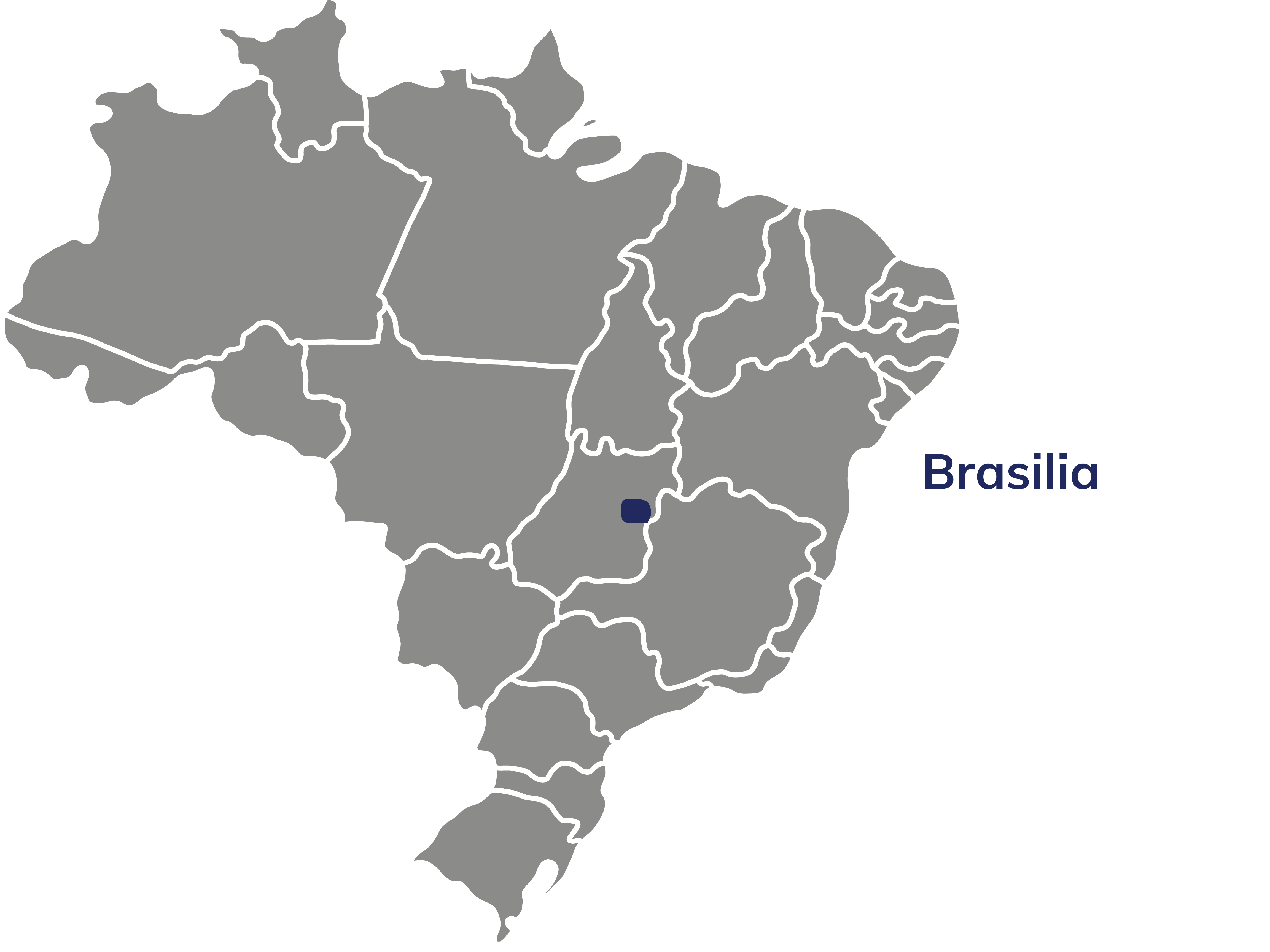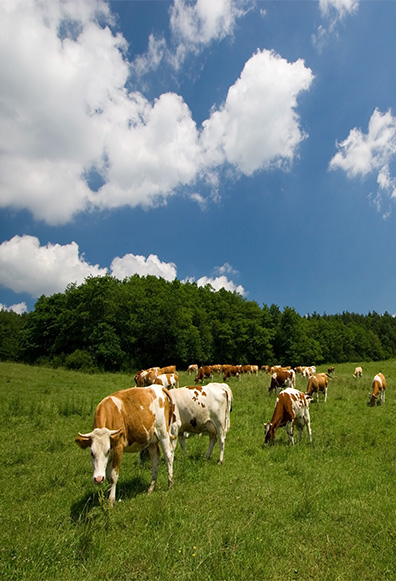Countries:
Brazil
Status:
Completed
Sector:
Finance
Integrating socio-environmental considerations in loan decisions for agriculture and livestock sector projects, disbursed through the Plano Safra financial mechanism.
Brazil’s agriculture-livestock sector is one of Latin America’s greatest sources of greenhouse gas (GHG) emissions, adding approximately 932 MtCO2e/year (metric tons carbon dioxide equivalent per year) both directly and indirectly. However, socio-environmental impacts are not considered in financial decisions to support projects, particularly in Brazil’s largest agri-finance mechanism - Plano Safra.
This project aimed to support key players in Brazil’s finance sector to build a common understanding of the current gaps in Plano Safra’s approach and related negative climate impacts.
In particular, capacity building with Banco do Brasil and the Central Bank of Brazil to better incorporate socio-environmental metrics when appraising and monitoring Plano Safra’s loans, thus increasing low-carbon and gender-inclusive interventions, while helping Brazil achieve its climate targets.
This project was delivered by Carbon Trust in partnership with Imaflora.
“Brazil’s Central Bank understands that this project’s results can directly feed into subsidies for us to improve the System of rural credit and Proagro operations (SICOR) and has synergies with the Central Bank’s sustainability agenda”
Silvio Arduini
Senior Assessor for Rural Credit, Central Bank of Brazil
“We recently received the work being carried out with us to calculate emissions from our agricultural portfolio and were very satisfied with the delivery, of excellent quality and reliability.”
Henrique Leite
Sustainability Manager at
Banco do Brasil

Highlighting existing gaps in Plano Safra’s operations in terms of climate risk
Estimating the benefits of incorporating socio-environmental metrics within Plano Safra’s disbursement procedures
Tools enabling Banco do Brasil to evaluate, monitor and report on its agricultural portfolio in line with TCFD recommendations
For Banco do Brasil to track its climate and social impact
Prior to this project, there was no common understanding of the key socio-environmental gaps in the Plano Safra mechanism. The project equipped its counterparts with the tools and knowledge to effectively evaluate and deliver meaningful changes to the ways agri-finance is allocated.
The project’s outputs provided counterparts with a stronger understanding and evidence of the socio-environmental impact of their lending decisions, initiating meaningful discussions among key players on greener financial flows, supporting greater gender, and wider social inclusion.
The project also helped build capacity in two major Brazilian banks to align their financial disclosure with the Task Force on Climate- related Financial Disclosures (TCFD) recommendations – moving towards improved measuring and reporting of risks and impact (in terms of GHG’s mitigated; hectares benefitted per crop/region and means of production; export value generated and gross value add generated). This approach has high potential to be replicated across other banks and financial institution in the country.
Finally, this project involved a wide network of relevant people throughout the development and dissemination of outputs, ensuring the findings and recommendations were well received and endorsed by key representatives across government, regulators, banks, and ultimately, loan recipients.
Discussed through consultations to validate the environmental, social and economic barriers encountered by indigenous groups, women and family farmers in the Amazon region
Highlighted the inequality between men and women in the rural agricultural sector, despite the great rise of women in rural property leadership over recent years
Included incentives from financial institutions such as waiving registration fees, or providing technical assistance to women-led loan requests
Proposed to be integrated into in Plano Safra’s lending decisions, to increase the social impact of the credit line
The project team made a concerted effort to address the existing gender inequality in the agricultural finance sector throughout project-related engagements with its counterparts and among the broader sector in Brazil. These efforts were intended to induce project counterparts to consider:
The project’s efforts to address gender inequality within project-related engagements, and among the agricultural sector in Brazil, were aimed at helping counterparts reflect on the benefits that such changes may bring.
Additionally, the learnings from the project’s activities and results could be transferred to other institutions supported by UK PACT or other donor programmes, as well as to other lines of credit to facilitate access to credit for vulnerable groups.

The project has contributed to greening finance for Brazil’s agriculture and livestock sector, supporting the transition to a net zero economy by providing banks with tools and knowledge required to take action. Based on robust data modelling, the recommendations will facilitate integration of social and environmental metrics into lending decisions, enabling more sustainable development and reduced GHG emissions.
The project demonstrated that Plano Safra can generate positive impact by promoting gender and social equality in agriculture. While major lending criteria changes are in progress, the project enhanced counterparts’ understanding and capacity to enact changes in the next 2-3 years. Additionally, it is recommended that the Central Bank mandates banks to monitor social and environmental benefits of sustainable operations to further drive forward these ambitions.
Lorem ipsum dolor sit amet, consectetur adipiscing elit ut aliquam, purus sit amet luctus venenatis. Vel fringilla est ullamcorper eget nulla facilisi etiam dignissim diam quis enim lobortis scelerisque.
UK PACT (Partnering for Accelerated Climate Transitions) is a unique capacity-building programme. Jointly governed and funded by the UK Government’s Foreign, Commonwealth and Development Office (FCDO) and the Department for Energy Security and Net Zero (DESNZ) through the UK's International Climate Finance, it works in partnership with countries with high emissions reduction potential to support them to implement and increase their ambitions for tackling climate change.
© Copyright 2025 UK PACT Privacy Notice Cookie Policy